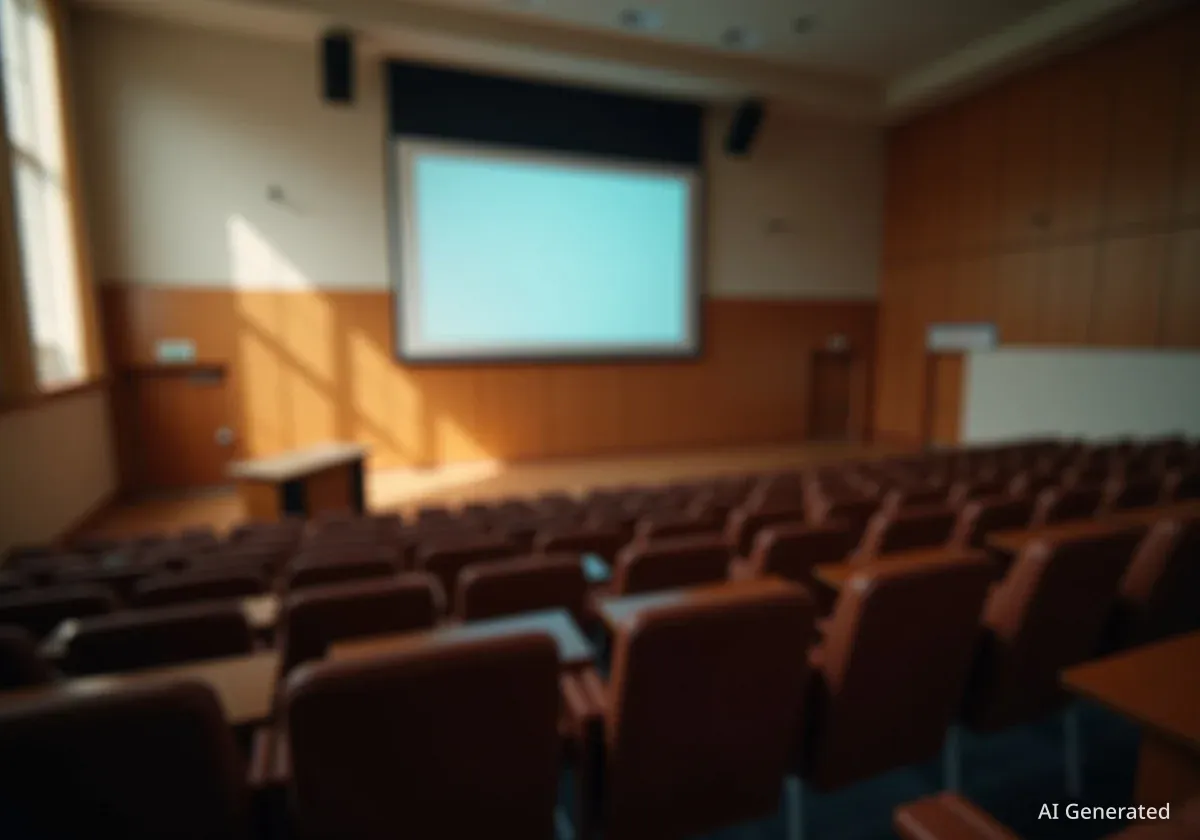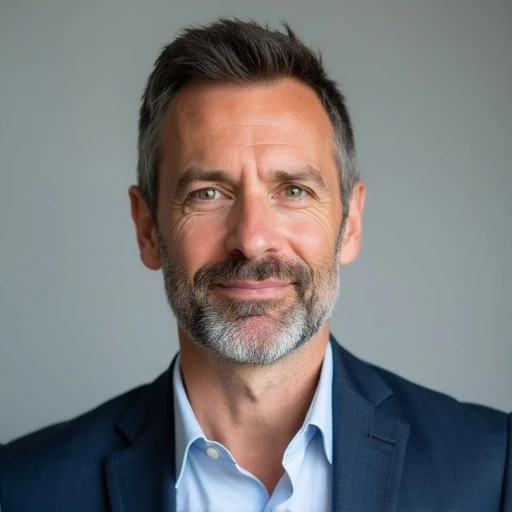A federal judge has granted a temporary restraining order to a University of South Dakota (USD) professor, pausing the university's efforts to terminate his employment over a controversial social media post. The case places the professor's First Amendment rights at the center of a legal battle with university and state officials.
Key Takeaways
- Phillip Michael Hook, a tenured art professor, was placed on administrative leave with intent to terminate after a social media post about conservative activist Charlie Kirk.
- A federal judge issued a temporary restraining order on September 24, halting the termination process and reinstating the professor.
- Hook's lawsuit alleges that university officials violated his First Amendment right to free speech.
- The university argues the post caused significant disruption, placing it outside of First Amendment protections.
Federal Judge Intervenes in University Dispute
A U.S. District Court judge granted a temporary restraining order on Wednesday, September 24, in favor of Phillip Michael Hook, a tenured art professor at the University of South Dakota. The order prevents the university from proceeding with termination and lifts the administrative leave imposed on him.
The legal action names several high-ranking officials as defendants. These include USD President Sheila Gestring, Dean of the College of Fine Arts Bruce Kelly, and South Dakota Board of Regents President Tim Rave.
The court's decision effectively pauses a university meeting that was scheduled for the following Monday to discuss Hook's potential dismissal. The next stage in the legal process is a preliminary injunction hearing, which is expected to take place in approximately one month.
What is a Temporary Restraining Order?
A temporary restraining order (TRO) is a short-term court order intended to maintain the status quo and prevent irreparable harm to one party while a legal case is ongoing. In this instance, it stops the university from firing Professor Hook before the court can fully hear arguments on the matter.
The Social Media Post and Subsequent Fallout
The controversy began with a social media post by Hook concerning the assassination of conservative commentator Charlie Kirk. According to court arguments, the post was removed within three hours and followed by an apology from Hook on September 10.
Despite its brief existence, screenshots of the original post were captured and widely circulated online. The content drew condemnation from prominent South Dakota political figures, including Gov. Larry Rhoden and Speaker Jon Hansen, who publicly called for the university to fire Hook.
Following the public outcry, the University of South Dakota placed Hook, who has taught at the institution since 2006, on administrative leave with the stated intent to terminate his employment. This action prompted Hook to file a federal lawsuit.
"Of course, the essence of free speech is, the government cannot punish you for exercising your right to free speech. But what happened is the government is punishing him, and that’s why we went to court," said James Leach, the attorney representing Professor Hook.
Clash Over First Amendment Protections
The core of the legal dispute is whether Hook's social media post is protected speech under the First Amendment. During the court hearing on Wednesday, attorneys for both sides presented conflicting interpretations.
The Professor's Defense
Hook's legal team argues that the university, as a government entity, is unconstitutionally retaliating against him for his speech. Attorney James Leach stated that the university's actions represent a clear case of government punishment for expressing an idea, regardless of its controversial nature.
The motion filed on behalf of Hook makes this point directly: "The First Amendment guarantees the marketplace stays open, and the government may not punish people for their ideas."
Historical Precedent Cited
Hook's lawsuit references the 1981 Supreme Court case Rankin v. McPherson. In that case, a clerical employee in Texas remarked after an assassination attempt on President Ronald Reagan that she hoped a second attempt would be successful. The Supreme Court ruled that her speech was protected and her firing was unconstitutional, as it did not disrupt the workplace.
The University's Position
Representing the university officials, attorney Justin Bell argued that the First Amendment does not shield Hook's post from consequences. The defense's position is that the post caused a significant disruption to the university's operations and educational environment.
According to Bell, this disruption removes the speech from the umbrella of constitutional protection. He argued that allowing Hook to return to his duties would cause further disruption on campus. The court hearing also included questions about whether the Board of Regents followed its own established protocols in handling the situation.
Implications for Free Speech in Public Education
The outcome of this case could have significant implications for public employees, particularly educators at state-funded universities in South Dakota and beyond. The central question is where to draw the line between an individual's right to express personal views, even offensive ones, and an institution's interest in maintaining order and a safe learning environment.
Legal experts often point to the delicate balance required in such cases. While the First Amendment provides robust protection against government censorship, courts have recognized limits, especially when speech incites violence or substantially disrupts the function of a public institution.
As the case moves toward a preliminary injunction hearing, both sides will continue to argue whether Professor Hook's post crossed that line. The court's final decision will likely examine the actual impact of the post versus the university's perception of disruption.





